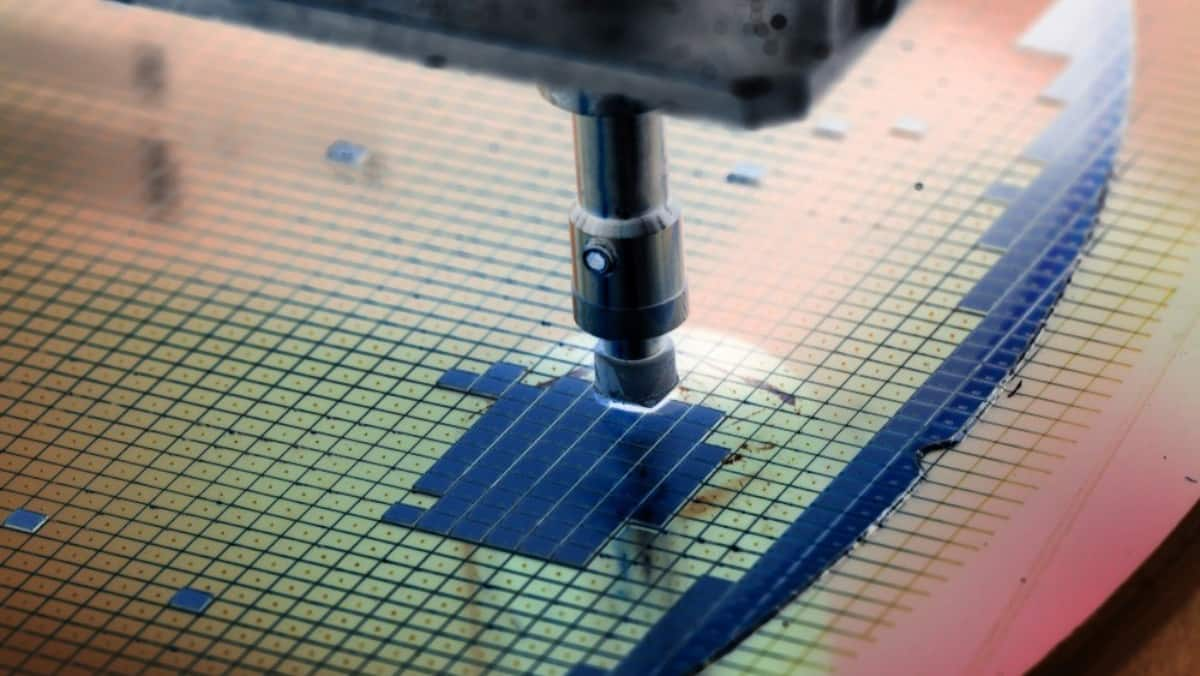
The Biden administration is finalizing new rules to curb the advance of China’s semiconductor industry. However, the restrictions will not be as severe as initially projected. Although some Chinese chipmakers will be directly impacted, the main focus of the new measures is to limit the development of chipmaking equipment and restrict the supply of key technologies for the Asian country’s artificial intelligence (AI) sector.
Focus on specific entities
According to Bloombergthe new rules prioritize targeted restrictions on specific companies rather than broad categories of manufacturers. Two factories controlled by Semiconductor Manufacturing International Corp. (SMIC) are among the targets of sanctions.
In the case of Huawei, which is already in Entity List from the US government, only some of its approximately 12 known suppliers will be added to the list and, consequently, prohibited from using US technology. This will allow Huawei and some partners to partially continue operating.
Regarding the production of high bandwidth memories (HBM), the ChangXin Memory Technologies (CXMT), which manufactures HBM2, will not be directly impacted by the restrictions this time.
While the proposed restrictions could be announced next Monday, the text has not yet been finalized and is subject to change. The proposal reflects a balance between stopping Chinese technological advancement and minimizing economic damage to American and allied companies.
The current project comes after intense lobbying campaigns by North American chipmakers, including Applied Materials, KLA and Lam Research. These companies argued that more severe restrictions could put them at a competitive disadvantage relative to foreign competitors such as Japan’s Tokyo Electron and Dutch ASML.
Impact on the sector
![]()
The US government also plans to include more than 100 emerging Chinese semiconductor equipment manufacturing companies on the restricted list. These companies, often financed by the Chinese government, seek to develop technologies that can replace equipment from large global suppliers such as ASML, Applied Materials, KLA, Lam Research e Tokyo Electron.
China’s long-term goal is to enable the production of advanced chips without relying on external suppliers, something the US wants to prevent. China’s investments in chip manufacturing equipment is already superior to that of the USA, Taiwan and South Korea combined.
However, the path for China to be technologically equal to other players will be arduous. Recently, Taiwan stated that the China is 10 years behind TSMC in semiconductors.
TSMC, which leads the global semiconductor market, serving numerous partners such as Apple and NVIDIAhas already made it official that it will no longer supply 7nm chips to China. The decision was taken after strong pressure from the United States government.
Source: https://www.hardware.com.br/noticias/novas-sancoes-semicondutores-china.html


